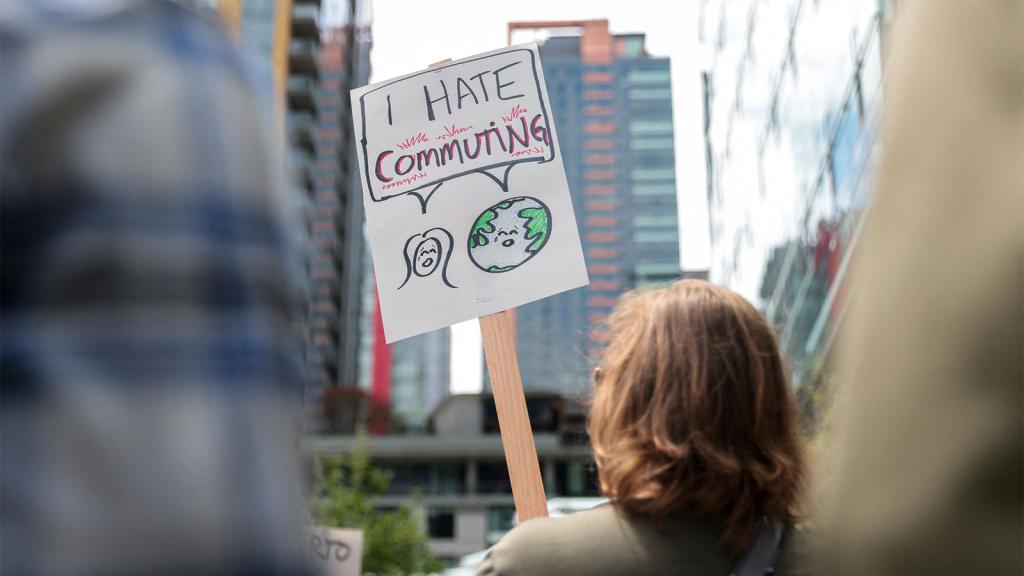With more coastline than any state in the lower 48 and about a tenth of its economy ($65 billion a year) based on tourism, Florida has more to lose than any other state from the threats of global warming. Rising sea levels creep closer to coastal development. Warmer tropics fuel stronger hurricanes. And higher ocean temperatures kill coral and harm fish populations, threatening the state’s $4.5 billion sportfishing industry.
Plenty of reasons that a report released yesterday should serve as a call to action on preparing for inevitable changes from global warming and cutting emissions now to avoid the worst impacts. Preparing for a Sea Change in Florida was produced by a broad coalition of environmental groups.
The report makes several key recommendations:
- To reduce the effects of higher ocean temperatures, Preparing for a Sea Change recommends that Florida and federal agencies work to restore the health of coastal and marine ecosystems to enhance their ability to cope with the stress of climate change.
- To deal with acidification, Florida must be a leader in efforts to minimize global warming through major reductions in greenhouse-gas emissions.
- To prepare for rising sea levels, the report recommends that Florida and federal agencies discourage development in vulnerable areas, and work at restoring and protecting natural buffers such as coastal wetlands and near-shore reefs.
- The report also recommends that Florida prepare for extreme weather events, such as heavy downpours and droughts, through better protection and restoration of shoreline vegetation and wetlands, and by upgrading stormwater management to account for more frequent and heavier rainstorms, increasing water-use efficiency through conservation, and recycling treated wastewater for industrial use and irrigation.
Florida’s Republican governor, Charlie Crist, has made climate action one of his administration’s top priorities. Last year, Gov. Crist signed executive orders aiming to reduce greenhouse-gas emissions 80 percent by 2050. Crist’s orders also set new emissions targets for power companies, automobiles, and trucks and toughened conservation goals for state agencies.
Sen. Bill Nelson (D-Fla.) has been a strong supporter of climate action, co-sponsoring the Climate Security Act, due to hit the Senate floor next week.
But Sen. Mel Martinez (R-Fla.) has been a consistent opponent of climate action. Sen. Martinez managed just a 7 percent score from the League of Conservation Voters during the 109th Congress. He fought to weaken the energy bill last year. Sen. Martinez has even voted against a simple resolution calling for the U.S. to take action on global warming.
Will Sen. Martinez take the new warnings of threats to his home state into consideration during the Climate Security Act debate? That’s a tough one to forecast. Stay tuned.

